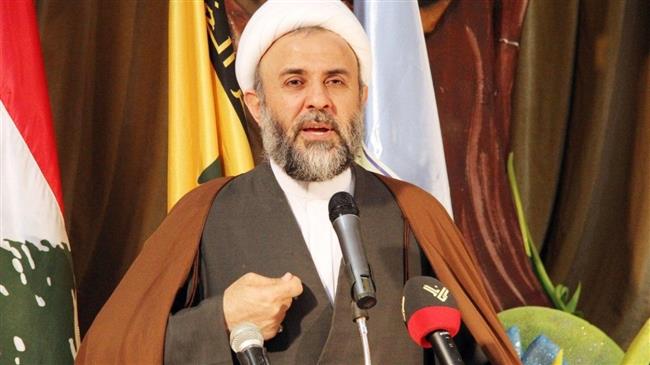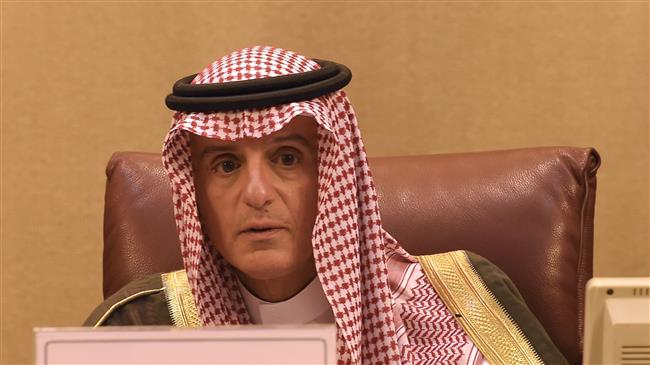Saudi foreign minister says Israeli residents cannot visit Arab kingdom
The Saudi foreign minister says residents of the Israeli regime are not welcome to visit the Arab country, a day after Tel Aviv announced that it would for the first time allow Israelis to travel to the kingdom under certain circumstances.
On Sunday, Israel announced in a statement that interior minister Arye Dery had signed a directive allowing Israelis to visit Saudi Arabia either for religious or business purposes, provided that they are invited and permitted by Saudi authorities.
However, CNN quoted Saudi Foreign Minister Prince Faisal bin Farhan as saying on Monday that Riyadh’s “policy is fixed,” stressing, “We do not have relations with …Israel and Israeli passport holders cannot visit the kingdom at the current time.”
According to Israeli foreign ministry’s directive, only two groups could travel to Saudi Arabia. The first group includes Arab-Israeli Muslims who want to perform the annual Hajj pilgrimages and the Umrah (minor Hajj) in the holy city of Mecca. Arab-Israeli pilgrims have so far visited Saudi Arabia for performing such Islamic rituals on temporary Jordanian papers.
The second group consists of those Israelis who want to go to the Arab kingdom and stay there for business reasons, such as investment, and whose permission is limited to 90 days. These travelers need an invitation from Saudi authorities and are required to go through the necessary paperwork to enter the kingdom.
Until now, Israeli law banned residents from visiting many Arab countries, including Saudi Arabia, without express permission from the interior minister and visits by Israeli businessmen were generally done in secret.
Elsewhere in his remarks on Monday, the Saudi foreign minister said that when a so-called “peace agreement is reached between the Palestinians and the Israelis, I believe the issue of Israel’s involvement in the region will be on the table.”
Israel has full diplomatic relations with only two Arab states, Egypt and Jordan, but latest reports suggest the regime is working behind the scenes to establish formal contacts with Persian Gulf Arab states such as Saudi Arabia, the United Arab Emirates and Bahrain.
Riyadh has already expanded secret ties with the occupying regime under Crown Prince Mohammed bin Salman, the son of King Salman, who is viewed by many as the Kingdom’s de facto ruler.
The young prince has made it clear that he and the Israelis stand on the same front in countering Iran’s growing influence in the Middle East.
Critics say Saudi Arabia’s flirtation with Israel would undermine global efforts to isolate Tel Aviv and would undermine the Palestinian cause in general. They say Riyadh has gone too far in its cooperation with the Israelis as a way of deterring Iran as an influential player in the region.
‘Greenland not for sale’: Danish, Greenlandic foreign ministers to tell Rubio, Vance
Araghchi slams EU over diplomat ban, warns Iran will retaliate
Zionist group intimidating pro-Palestine activists to close New York op
How Iran stands tall and mighty against world’s arrogant powers and their sinister plots
Iran files UN complaint over Trump’s remarks inciting violence, threats
Calm ‘restored’ across Iran after foreign-backed riots: FM Araghchi
Terror ringleaders in riots arrested as Iran's intel operations continue
Tear gas, death, denial: Trump’s ICE crackdown sparks nationwide uprising















 This makes it easy to access the Press TV website
This makes it easy to access the Press TV website